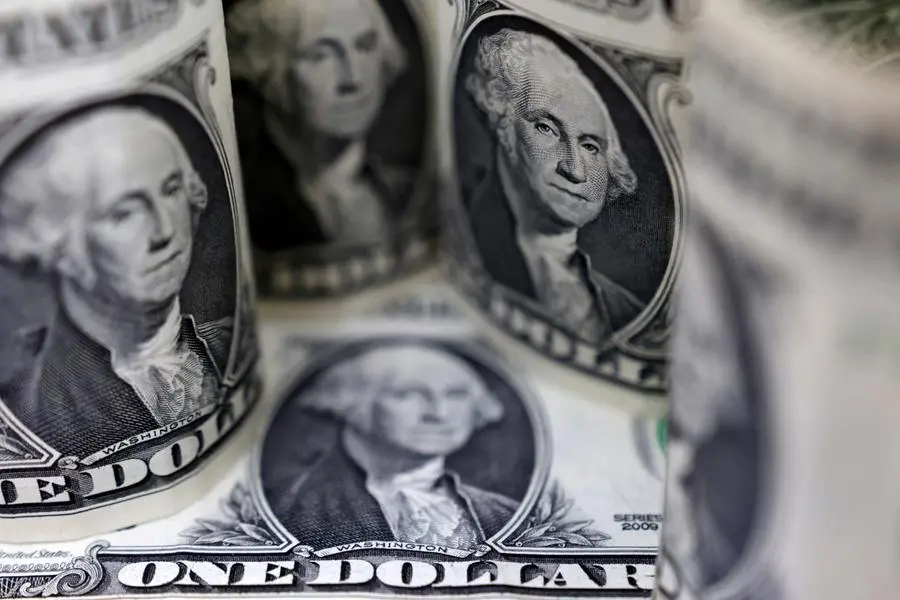PHOTO
HONG KONG - The euro and Japanese yen were sitting pretty on Thursday morning after U.S. inflation data overnight came in less hot than feared and sent the dollar tumbling.
U.S. consumer prices were unchanged in July compared with June, when prices rose a monthly 1.3%.
The July result was lower than expectations due to a sharp drop in the cost of petrol, causing markets to reposition on hopes that inflation was peaking.
If price rises have reached their zenith, investors expect the U.S. Federal Reserve will not have to maintain its eye-wateringly steep pace of interest rate hikes, which had been supporting the dollar.
The euro was at $1.0297 on Thursday morning, after jumping 0.84% the day before, its biggest daily percentage gain since mid-June.
The yen was at 132.83 per dollar, after the greenback had fallen 1.6% overnight on the Japanese currency, which is particularly sensitive to moves in U.S. yields.
U.S. shares and short dated treasuries also rallied on the news, which pushed the Nasdaq more than 20% above its June low and the two-year treasury yield down to 3.2141%, seven basis points lower than its previous close.
U.S. Treasuries were not trading in early Asia as due to a holiday in Japan. Analysts at Standard Chartered said the decline in the dollar seemed to be driven by improvements in investors' attitude to riskier assets - other than the move against the yen, which they said was more of a yield play.
"The surprise downward (inflation) move takes out much of the fear that the market had of a 75bps Fed hike or even inter-meeting moves," they wrote in a note.
"We suspect that many investors did not want to put on positions ahead of an important number that could have gone either way, so some of the post-CPI moves probably reflect delayed buying of risk-correlated positions."
Markets are currently pricing in a 57.5% chance of a 50 basis point interest rate rise at the Fed's next meeting, according to the CME's Fedwatch tool, though another 75 basis point increase remains possible.
Fed policy makers were also warning in public remarks after the data that they would continue to tighten monetary policy until price pressures were fully broken.
The Australian dollar, another commonly used proxy for risk sentiment, was at $0.7077 after a 1.7% overnight gain, and sterling was on the front foot at $1.2207.
Bitcoin, which has also traded in line with risk assets, was testing its recent highs at $24,000.
(Reporting by Alun John)
Reuters





















